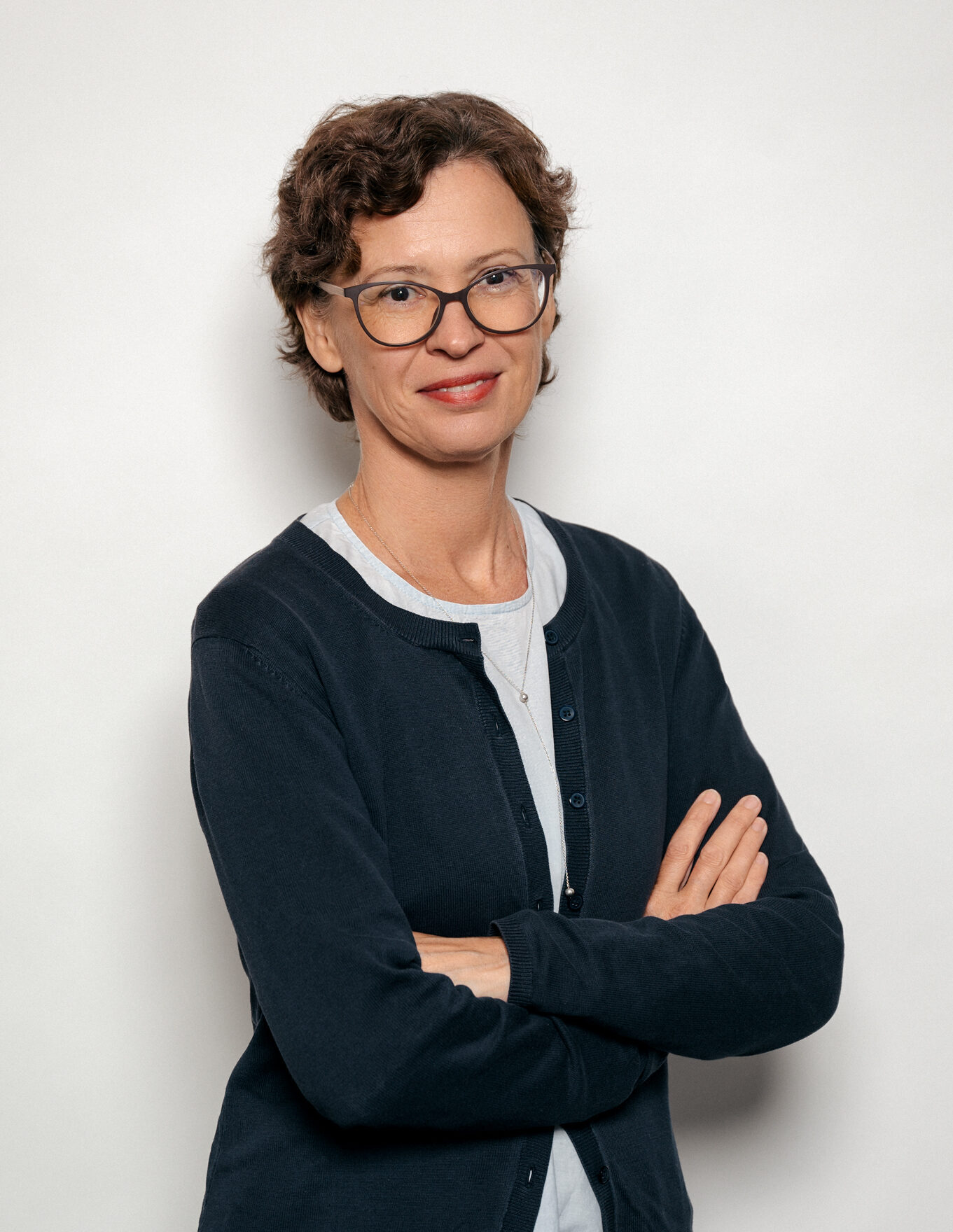How does Lada, now an Associate Professor of Architecture at Vilnius Tech, remember her experience three decades ago?

Lada in her dorm room in Stockholm in 1991
Unexpected opportunity
In the fourth year of her Architecture studies, Lada went to the Architecture Biennale in Tallinn together with her fellow classmates. She hoped to get some new ideas as well as to meet some architects from the Baltic countries there. Instead, during one workshop, Lada met other active students from Norway, Denmark and Sweden.
“One of those students at that workshop asked me, if I didn’t want to go study abroad somewhere, what I thought was a strange question back then. I just looked at him and thought, what did he mean ‘to go somewhere abroad’? To Sweden? To where Carlson lives? To where pavements get shampooed? Nobody was going to these countries back then, it was like a dream,” recalls L. Markejevaitė.
It wasn’t long before Lada realised that the opportunity to study in Northern Europe in 1991 was an extraordinary one, so she immediately filled out the forms to receive a scholarship. Support provided by the Nordic Council of Ministers Office in Lithuania that had just been established in Vilnius was the only way to make this dream come true.

Lada still has the leaflet promoting study opportunities in the Nordic region
„I left at the time of the coup (August 1991 coup in Moscow, ed.), the situation in Lithuania was very odd. I had received a scholarship for half a year, then managed to extend it. I stayed there practically for a full academic year and wrote my graduation thesis at the same school in Stockholm.
It goes without saying, I experienced a miracle. I was an ‘early swallow’, and when I arrived there, I met quite a few Lithuanians. At the time, we were such a small community. We used to interact with each other a lot and organise community events where we met old post-war emigrants. It was such a very special time,” says Lada.
Communication on equal terms and attention to everyone
The biggest cultural difference that surprised Lada the most in Sweden was equality.
“I had to overcome myself, to learn to address the dean by their first name. A huge hierarchical difference compared to my [Lithuanian] school where the distance between a student and a teacher was huge and very clearly defined.
I was oppressed by the Soviet system and shy, sometimes I didn’t even know what questions were OK to ask. I tried of course. I did my best to learn Swedish in a couple of months. I used to practice a question for maybe half an hour hoping to get a great answer, but I would only get one what felt like three words making me realise that I wasn’t getting enough,” says the architect.

Lada Markejevaitė, Associate Professor of Architecture at Vilnius Tech
It was a considerable challenge for a girl who grew up in the Soviet era to understand the different kind of relationship and the prevailing tolerance shown not only by the peers but also by the teachers. Especially when discussing the students’ work, Lada found it difficult to comprehend how much attention was given to each individual student. The young architect used to be always amazed at how the entire audience and teachers could calmly listen to a long-talking person.
„My Alma Mater in Vilnius was not like that at all. In Vilnius, you would just open your mouth and start talking to get interrupted almost immediately. But there, I was always amazed and couldn’t believe it, everyone was listening and even asking questions!” says Lada.
But today, three decades later, when comparing herself with her current students, she is delighted to notice that the latter are much more open, more natural and more daring.






